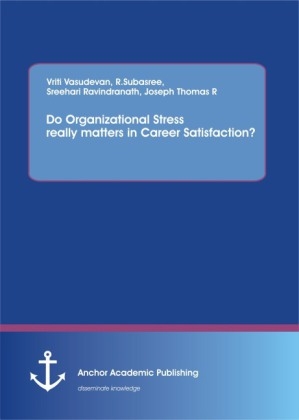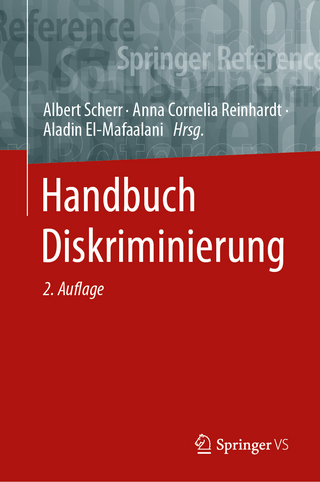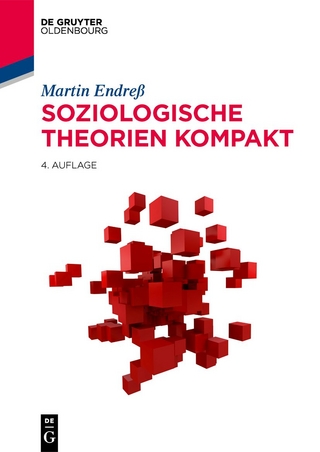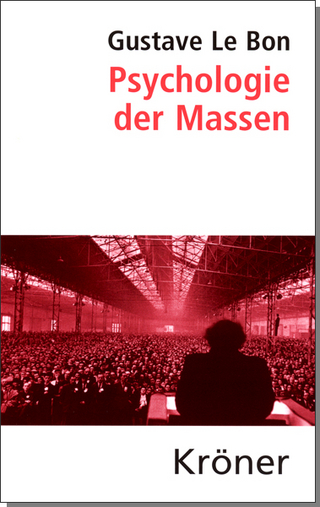
Do Organizational Stress really matters in Career Satisfaction?
Anchor Academic Publishing (Verlag)
978-3-95489-349-2 (ISBN)
Vriti Vasudevan, Monitoring Evaluation Officer, for a Project supported by UNFPA focusing on Out of School Adolescents in NYKs.
R.Subasree Ph.D., is a lecturer in the department of Career Counselling in RGNIYD
Sreehari Ravindranath is a Life Skills Trainer by profession working with many organisations.
Joseph Thomas R is a Life skills Trainer by profession and a specialized trainer in the field of Learning Disability.
CONCEPTUAL FRAMEWORK OF ROLE:
Role is the position one engages in a public classification, and is defined by the functions one execute in reaction to the opportunity of the important members of a community, and one s own outlook from that position or office. Role and office (or positions) are detaching concepts. According to Kats and Kahn Office is essentially a relational concept, defining each position in terms of its relationships to others and to the system as a whole. While place of work is a relational and power-related concept, role is an obligation concepts.
A role is not distinct lacking the prospect of the task correspondent, counting the task occupant. The location of a personal executive may be shaped in an organization, but his responsibility will be clear by the prospect that diverse person s have from the personnel manager, and the outlook that he, in turn, has from the position. In this sense, the position gets defined in each scheme by the role correspondent, including the role occupier. The notions of role are fundamental for the incorporation of the individual with an institute. The institutions have its own construction and objectives. Likewise, the person has his individuality and wants .All these features interrelate with one another other and to various degrees get included into a role. Role is an innermost idea in work incentive as it is only through this that the person and group work together with each other.
An organization can be defined as a system of roles. But, a role itself is a organization. From the individual s point of view, there are two role classifications: the structure of various roles that the individual carries and execute, and the system of different tasks of which his role is an element. The initial can be termed as role space and the next, a role set.
Each individual plays several roles in an organisation. All these roles constitute the role space of that individual. The concept of role broadens the connotation of work and the association of the workers with other important people in the system. The concept of the work is more rigid in nature, while role includes more flexible part of the work. The centre of attention on roles can be useful in setting up organizational efficiency. Herzberg (1968) drew attention to the need for improving jobs and giving more decorum to them. The work redesigning group tinted the need for connecting job holders in work related decisions and giving them more independence in work related matters.
ORGANIZATIONAL STRESS:
Current life is full of stress, at the same time as organizations become more multifaceted, the possibility for stress increase. Stress is a result of socio-economic complexity and to some extent, its stimulant as well. People experience stress as they can no longer have control over what happens in their lives. Several terms that are synonymous with stress, have been used. In order to avoid confusion, the term will be used as following: stressor for stimuli which induce stress; stress for the affective (emotional) part in the experience of incongruence; symptoms for the physiological, behavioural and conceptual responses or changes: and coping for any behaviour that deals with the emotional component in the experience of incongruence, (i.e. stress). The term stress will be used here to refer to such terms and concepts as strain, pressure, etc. even as stress is inevitable in today s complex life. Organizational stress arises from interaction between people and their jobs. And this is characterized by changes within people that vigour them to stray from their normal functioning. (Bzeer and Nawman. 1978). There are several personal consequences of organizational stress which have been identified. These responses to organizational stress can be categories as physiological, psychological and behavioural, cardio vascular disease, Castro intestinal disorders, respiratory problem, cancer, arthritis, headaches, bodily injuries, skin di
| Erscheint lt. Verlag | 22.1.2015 |
|---|---|
| Sprache | englisch |
| Maße | 155 x 220 mm |
| Gewicht | 226 g |
| Themenwelt | Sozialwissenschaften ► Soziologie ► Allgemeine Soziologie |
| ISBN-10 | 3-95489-349-5 / 3954893495 |
| ISBN-13 | 978-3-95489-349-2 / 9783954893492 |
| Zustand | Neuware |
| Haben Sie eine Frage zum Produkt? |
aus dem Bereich


